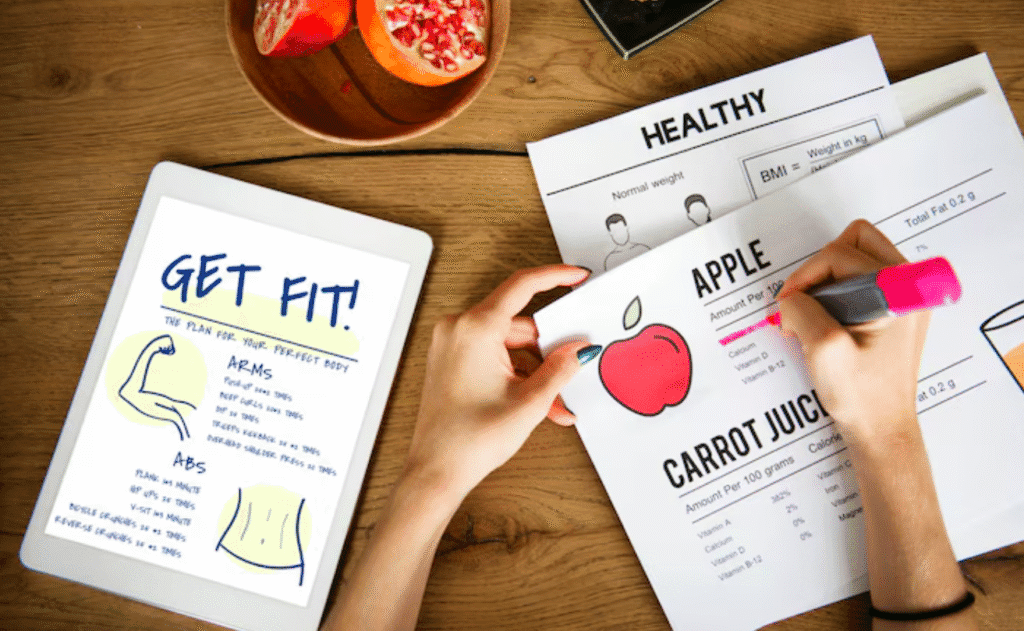Absolutely, I’d be glad to help. Struggling with weight loss is more common than you think, and you’re not alone. Let’s take a realistic, supportive approach to figuring out what might work for you. Here are a few important areas to explore:
🔍 1. Assess Where You Are Now
- Current habits: What are you eating daily? Do you track calories or macros?
- Activity level: Are you active during the day or mostly sedentary?
- Health background: Any medical conditions (thyroid issues, PCOS, insulin resistance, etc.)?
- Sleep & stress: These can greatly affect weight loss.
🥗 2. Nutrition First
- Start with small changes rather than drastic diets.
- Use a calorie-tracking app (like MyFitnessPal, Cronometer, or Lose It!) to understand your current intake.
- Protein: Prioritize lean protein (chicken, fish, eggs, tofu). It helps with fullness and muscle retention.
- Veggies & fiber: Load up on high-fiber veggies—they help with fullness and digestion.
- Limit ultra-processed foods, refined sugars, and sweetened drinks.
💡 Even eating 200–500 fewer calories per day can result in sustainable fat loss.
🏃♂️ 3. Movement Matters
- You don’t need to hit the gym right away. Start with walking, aiming for 7,000–10,000 steps/day.
- Add strength training 2–3x/week (even bodyweight at home is great).
- If you’re short on time, 15–20 minute workouts (HIIT or circuits) can be effective.
😴 4. Sleep & Stress
- Aim for 7–8 hours of sleep—lack of sleep increases hunger hormones.
- Chronic stress can trigger emotional eating and fat storage (especially around the belly).
- Try journaling, mindfulness, or short walks to de-stress.
⚖️ 5. Realistic Expectations
- Aim to lose 0.5–1 lb per week—fast weight loss often leads to regaining.
- It’s okay to have plateaus—they’re normal and can be overcome.
💡 Optional Aids
- Meal prepping can help control portions and remove decision fatigue.
- Intermittent fasting works for some but isn’t necessary—consistency is more important than the method.
- Consider checking with a doctor or getting lab tests if you suspect hormonal imbalances or metabolic issues.
✅ Next Steps (Action Plan)
- Track your food for 3–5 days honestly.
- Start walking daily or doing short workouts.
- Make one food swap per week (e.g., soda → sparkling water, chips → roasted chickpeas).
- Let me know if you’d like a customized meal plan, workout routine, or grocery list.
Would you like to share a bit more about your current routine, preferences, or any struggles you’re facing (e.g., late-night snacking, no time to cook, emotional eating)? The more I know, the better I can tailor the advice.




